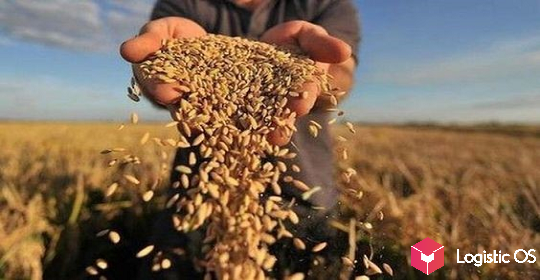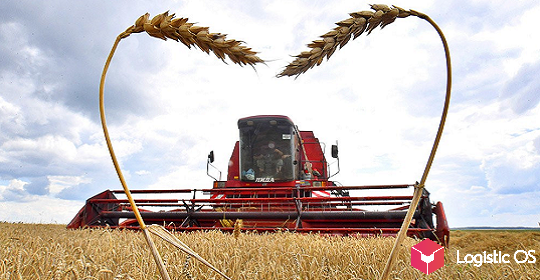Foreign breeding companies can be allowed to work in the Russian Federation only if a number of difficult conditions are met, and this creates risks.
The government is now widely discussing a project that sets the rules in this area.
The main requirement is that a foreign company has a full-fledged localization in Russia. In particular, this applies to their own land plots, laboratories, as well as a nursery.
At the same time, as Oksana Lut, Deputy Minister of Agriculture of the Russian Federation, noted last month, those companies that do not comply with these requirements will simply not be able to work on the Russian market.
This is necessary in order to get rid of excessive dependence on foreign seed suppliers.
This year, several large companies, for example, Bayer, stopped cooperating with the Russian Federation, and this creates the risk of a shortage of seeds.
In order to prevent such situations in the future, it is planned to adopt a new set of rules, and they should begin to operate as early as September this year.
The Ministry of Economic Development does not approve the project
The bill entitled “On Approving the Rules for Localizing the Production of Seeds of Agricultural Plants on the Territory of Russia”, which should make localization in the Russian Federation a mandatory requirement, raises many questions.
According to the Ministry of Economic Development, the requirements are excessive and will create a high burden on business.
For example, it will be necessary to find a lot of funds to create nurseries and laboratories. In addition, special facilities will be required for seed preparation, calibration, and so on.
As a result, a business may simply “not pull” the costs that need to be incurred in order, in fact, to create a full-cycle production in the Russian Federation.
By the way, they want to stipulate in the bill a requirement from all foreign companies every year to submit to the Ministry of Agriculture their plan for organizing seed production in Russia.
It is possible that those companies whose plan is not approved will be banned from working in the Russian Federation.
A shock scenario is not the best option
As Aleksey Ivanov, director of the HSE-Skolkovo Institute for Law and Development, noted, out of two scenarios — gradual development or «all at once» — the Russian Ministry of Agriculture for some reason chose the second option, although this is not at all justified in the current conditions.
In addition, for the implementation of full-cycle production, only the desire of the parties is not enough: it is necessary to eliminate, among other things, numerous bureaucratic obstacles that prevent the borrowing of technologies.
Finally, localization is not an end in itself, because when a foreign company leaves the Russian Federation, this also creates risks: for example, Russian employees can lose their jobs en masse.

